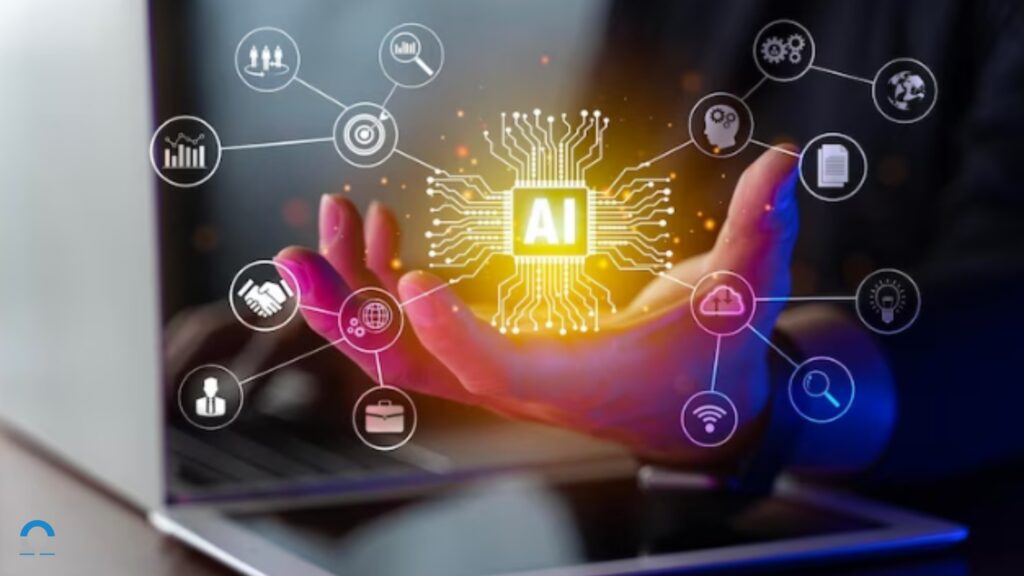Artificial Intelligence (AI) stands as one of the most transformative technologies of the 21st century, with profound implications across various domains of human activity. This essay delves into the multifaceted impacts of AI, ranging from its potential to revolutionize industries to its ethical and societal implications.
AI in Healthcare
In healthcare, AI offers unprecedented opportunities for diagnosis, treatment optimization, and personalized medicine. Machine learning algorithms can analyze vast amounts of medical data to identify patterns and make accurate predictions, leading to more efficient and effective patient care. Additionally, AI-powered robots can assist surgeons in complex procedures, reducing the risk of human error and improving surgical outcomes.
AI in Education
In education, AI holds promise for personalized learning experiences tailored to individual student needs. Intelligent tutoring systems can adapt to students’ learning styles and pace, providing targeted support and feedback. Moreover, AI-powered tools can automate administrative tasks for educators, allowing them to focus more on instructional activities and student engagement.
AI in Finance
In finance, AI algorithms are revolutionizing investment strategies, risk management, and fraud detection. High-frequency trading algorithms analyze market trends and execute trades at speeds beyond human capacity, maximizing returns for investors. AI-powered chatbots and virtual assistants provide personalized financial advice to consumers, enhancing their financial literacy and decision-making capabilities.
Ethical Considerations
Despite its transformative potential, AI also raises ethical concerns regarding privacy, bias, and accountability. The use of AI in surveillance and data mining raises questions about individual privacy rights and surveillance capitalism. Moreover, AI algorithms can perpetuate and amplify biases present in training data, leading to unfair outcomes in areas such as hiring, lending, and criminal justice.
Societal Impact

The widespread adoption of AI has significant societal implications, including job displacement and socioeconomic inequality. Automation driven by AI technologies threatens to disrupt traditional employment sectors, leading to job loss and economic upheaval for millions of workers. Furthermore, the unequal distribution of AI benefits may exacerbate existing disparities, widening the gap between the rich and the poor.
Regulatory Challenges
Addressing the ethical and societal challenges of AI requires robust regulatory frameworks that balance innovation with accountability. Governments and policymakers face the daunting task of enacting legislation that safeguards against AI misuse while fostering technological advancement. Regulatory measures such as algorithmic transparency requirements and bias mitigation strategies are essential to ensure that AI systems are fair, transparent, and accountable.
Global Collaboration
Given the global nature of AI development and deployment, international cooperation is vital to address emerging challenges and establish ethical standards. Multilateral initiatives and collaborations among governments, industry stakeholders, and civil society organizations can promote responsible AI innovation and governance. By fostering dialogue and knowledge sharing, global collaboration can help mitigate the risks and maximize the benefits of AI for humanity.
Conclusion
In conclusion, AI holds immense promise as a transformative technology that can revolutionize industries, enhance human capabilities, and address pressing societal challenges. However, realizing the full potential of AI requires proactive efforts to address ethical concerns, mitigate societal impacts, and establish robust regulatory frameworks. Through responsible innovation and global collaboration, we can harness the power of AI to create a more equitable, prosperous, and sustainable future for all.







Be First to Comment